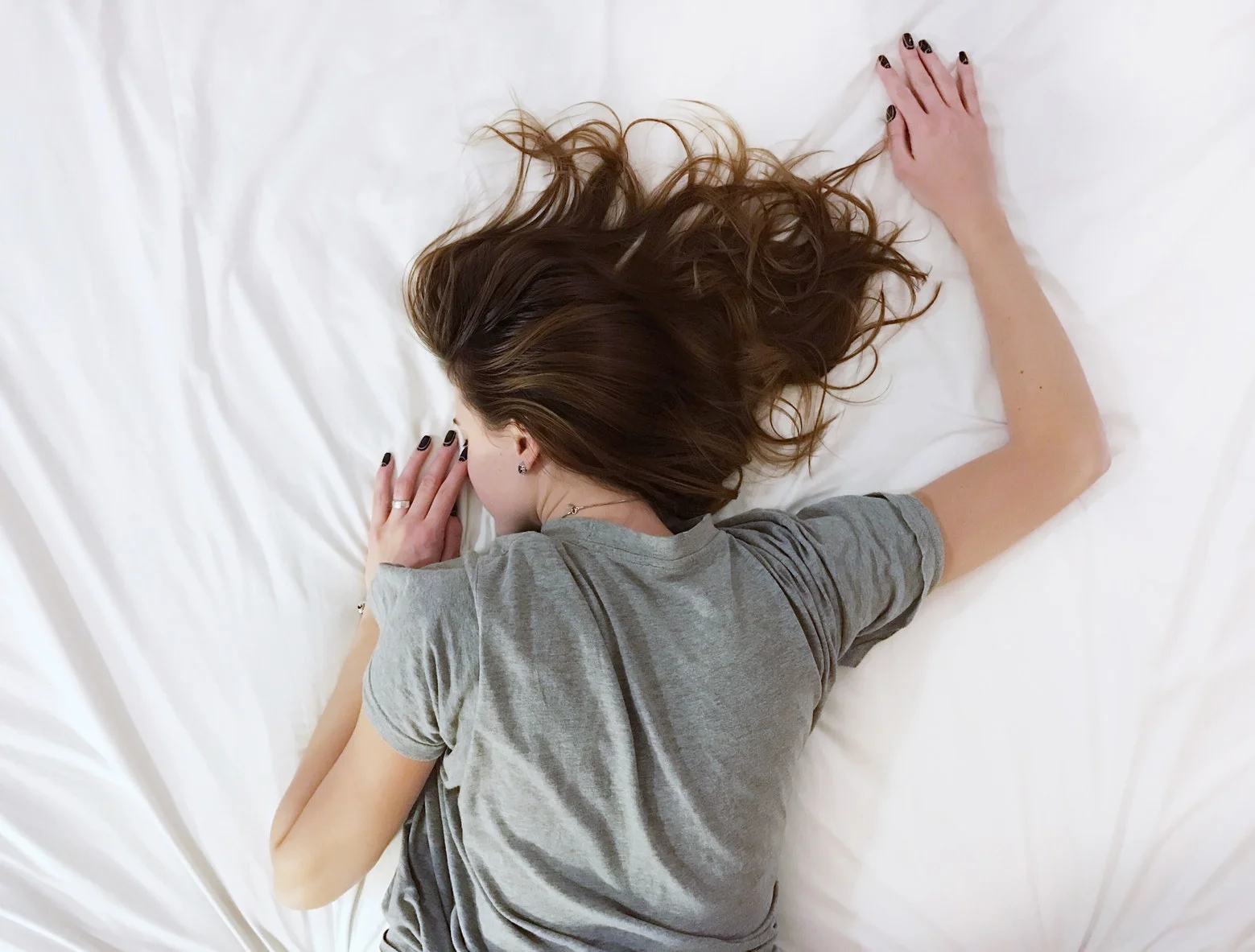Struggling to Sleep?
We spend approximately one-third of our lives asleep. Yet still, no one is entirely sure what the main function of sleep actually is. The leading theory is that sleep acts as “housekeeping time” for our brains to reset after the day – tidying up your thoughts, solidifying memories and performing important “clean-up” tasks in preparation for the next day.
The amount of sleep needed to feel “rested” varies from person to person – some lucky people known as short-sleepers can thrive on just four hours a night! One thing is for sure though, sleep deprivation is sorely felt in the form of reduced concentration, weakened immune system, memory problems and general crankiness.
With many research deadlines and the added pressure of a thesis to write, we PGRs are at a high risk of sleep deprivation. Our very own Researcher Development Manager Elizabeth Adams has offered some insights on why PGR students in particular may suffer from sleep problems:
“New city or routine, lack of daylight, thesis-writing, job-hunting, anxiety etc. There are lots of reasons why, as a research student, you might be experiencing difficulties with either getting to sleep or staying asleep. I frequently encounter students who are struggling with sleep problems. Sometimes, there is a clear reason for it, such as jetlag following on from a conference trip or stress due to an upcoming deadline. However, sometimes sleep issues seem to come out of nowhere, due to a whole raft of smaller and more subtle things that are going on. Being aware of the sorts of things that might lead to trouble with sleeping can help to both improve your sleep, and also avoid getting into a cycle of tiredness, coffee drinking and more sleep deprivation.”
Of course, Elizabeth is right. An endless cycle of working late and caffeine consumption to keep going can lead to chronic sleep deprivation, and eventual burn-out, which is counter-productive for your overall productivity and health! Improving your “sleep hygiene” by simply getting into a good routine can do wonders for your mood, concentration, well-being, and your productivity.
In order to help PGRs sleep better, the University of Glasgow recently introduced workshops for PGRs, aptly called ‘struggling to get a good night’s sleep?’ with Dr Maria Gardani from the School of Psychology. Elizabeth tells us more:
“Participants heard about some of the background science behind sleep, as well as practical strategies for overcoming common problems, such as avoiding caffeine or alcohol or naps in the afternoon. Current PGR Holly Scott, who is researching links between smartphones and sleep, also gave some advice on things like turning off notifications or muting conversations on your phone, using an app to filter out blue light at night or even keeping your phone out of the bedroom and going back to an old-fashioned alarm clock.
One of the most common bits of feedback that we get from any of our researcher development workshops is that it’s useful to be in the same room as people in a similar situation. This workshop is no different and it’s important to realise that if sleep is something you’re struggling with, you’re not the only one, and it CAN get better. I struggled with insomnia myself a few years ago, so really feel for anyone in that situation. What turned it around for me was heading off on a three-week cycle tour in Kyrgyzstan. Not perhaps the most easily applicable thing for all situations (!), but I think there’s something to be said about being outdoors, going to bed when it gets dark and rising with the sun. I also had no phone signal or internet and very limited access to coffee. Just a blissful view of mountains, baby animals and the rhythm of pedalling all day.”
Cycling in Kyrgyzstan (Photo by Elizabeth Adams)
Sleep is closely linked to your body’s circadian rhythm. As your circadian clock is synchronised by cycles of light and dark in your environment, your sleep routine can be helped by exposing yourself to natural light during the day and avoiding the use of screens in the evening. You don’t have to go cycling in Kyrgyzstan (as amazing as it looks!), but just simply going outside during the day when you can, such as on lunchtime PGR walks, or getting regular exercise, may do wonders for improving your sleep.
The next “Struggling to Get a Good Night’s Sleep?” PGR session will take place on 22nd March, and you can sign up here: https://marchpgrsleep.eventbrite.com
Looking at photos of baby animals, like this goat, might also help to reduce stress and improve sleep... (Photo by Elizabeth Adams)
If you can't make it along to the PGR sleep workshop, some of these resources might be helpful for you.
This book, "Overcoming Insomnia and Sleep Problems" has lots of practical tips and is available in the UofG library. The author, Professor Colin Espie, is an Honorary Research Fellow at the University and a leading sleep researcher at Oxford. And here is a free online resource based on the same research.







